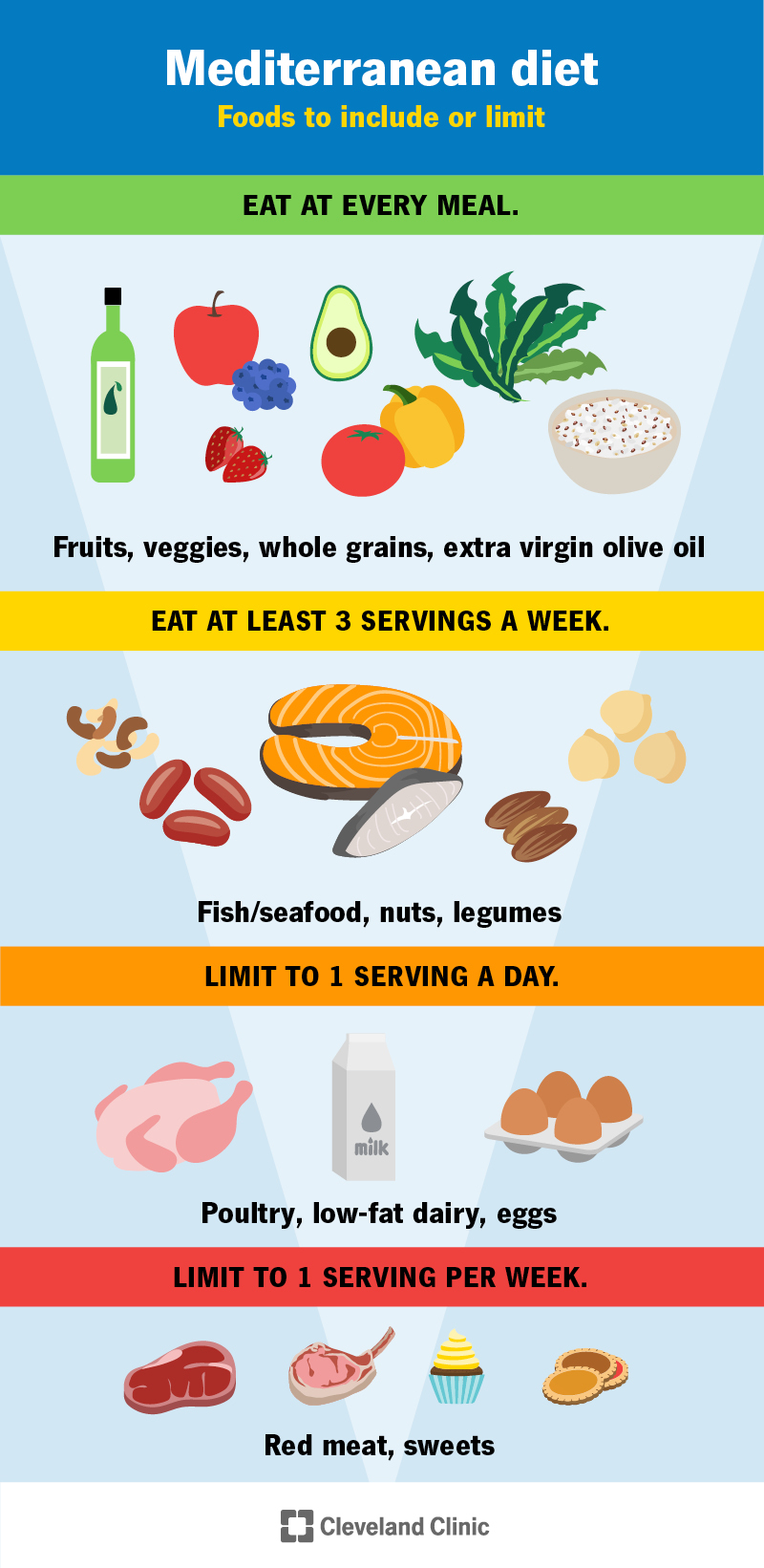Caldas Total Insights
Your go-to source for the latest news and informative articles.
Kale Yeah or Nah? The Diet Debate You Didn't Know You Needed
Uncover the truth about kale! Join the debate on this trendy superfood and decide: is it a must-have or a must-skip? Dive in now!
Kale Nutrition 101: Is It Really a Superfood?
Kale has earned its reputation as a superfood over the years, and for good reason. Packed with essential vitamins and minerals, this leafy green is particularly high in vitamins A, C, and K, as well as several B vitamins. Additionally, kale is an excellent source of minerals like calcium, potassium, and magnesium. Its low calorie content and high fiber make it a great choice for those looking to maintain a healthy weight while still getting a nutrient-dense food. In fact, just one cup of raw kale provides over 100% of your daily recommended intake of vitamin K, crucial for bone health and proper blood clotting.
Beyond vitamins and minerals, kale is also rich in antioxidants, which can help combat oxidative stress in the body. These compounds, including quercetin and kaempferol, have been linked to anti-inflammatory properties and may even reduce the risk of chronic diseases. It's essential to incorporate a variety of superfoods into your diet, and kale certainly fits that bill. With multiple cooking options, from salads to smoothies to soups, kale's versatility makes it an easy addition to any meal plan. In summary, if you're searching for a nutritional powerhouse, look no further than kale.

The Great Kale Debate: Trendy Green or Overrated Veggie?
The debate surrounding kale often centers on its status as a trendy green versus its perceived shortcomings as an overrated veggie. Advocates of kale emphasize its nutritional benefits, showcasing its high levels of vitamins A, K, and C, as well as important minerals. Many health enthusiasts argue that incorporating kale into your diet can contribute to improved digestion, lower cholesterol, and anti-inflammatory effects. With its vibrant color and versatility in salads, smoothies, and baked chips, it's no wonder kale has taken center stage in healthy eating discussions.
On the other side of the spectrum, critics point out that kale’s intense flavor and fibrous texture might not appeal to everyone, suggesting that its reputation as a superfood is somewhat inflated. Some nutritionists argue that there are plenty of other leafy greens—like spinach and Swiss chard—that offer similar health benefits without the bitterness that kale can impart. Moreover, the rise of kale in culinary trends has led to concerns about over-commercialization, prompting some to ask whether this green should be celebrated or reconsidered in favor of more diverse options.
Kale vs. Other Greens: Which One Reigns Supreme?
When it comes to leafy greens, Kale often stands out as a nutritional powerhouse among the vast array of options available. Known for its robust flavor and tough texture, kale is loaded with essential vitamins and minerals, including vitamin K, vitamin C, and calcium. This superfood is not only versatile but can be enjoyed in various dishes, from salads to smoothies. In contrast, other greens like spinach, arugula, and Swiss chard also offer significant health benefits, but they each come with unique taste profiles and nutrient compositions that may make them more appealing depending on individual preferences and dietary needs.
To make an informed choice between Kale and other greens, consider their health benefits side by side. For example, spinach is rich in iron and can promote muscle growth, while arugula provides a peppery taste and is high in calcium. On the other hand, Swiss chard offers a wealth of antioxidants and has a slightly bitter flavor that many enjoy. Ultimately, the question of which green reigns supreme really depends on your nutritional goals and flavor preferences, so incorporating a variety of greens into your diet can ensure you reap the benefits of all these nutrient-dense options.